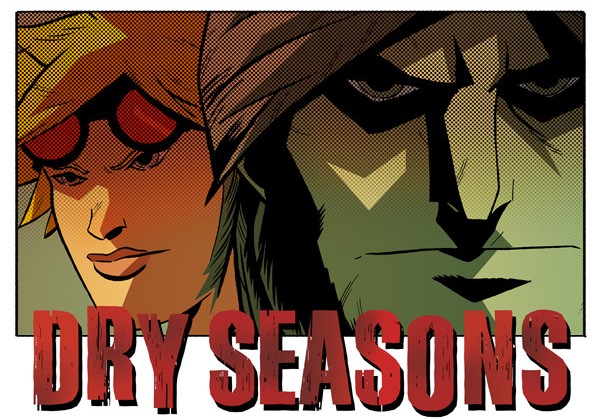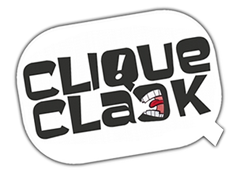Help Dry Seasons see the (dusty, post-apocalyptic) light of day

‘Mad Max’ meets ‘Romeo & Juliet.’ ‘Dry Seasons’ is a new comic mini-series that is looking for its last bit of funding. Check out the trailer and three questions with creator Joey Groah.
I first met Joey Groah when we were both working at an ABC affiliate. Since then, he’s gone on to start Digico, his own full-service production company. He’s also been hard at work on a comic book project, called Dry Seasons. With just two days left in his Kickstarter campaign, I wanted to have a chat with my pal and help get the word out about the series, which he describes as “Mad Max meets Romeo & Juliet.” Along with artist Ryan Cody, Groah has created a world in which everything is gone, but basic human desires and problems still exist. Love and hate flourish equally in the desolate landscape and are compounded by a desperate fight for survival.
While he drew inspiration from Die Hard, Indiana Jones and The Flash, Groah assured me that the post-apocalyptic world will not resemble that of The Road. I really hated The Road, you guys.
3 Questions with Dry Seasons creator, Joey Groah:
As a comic book reader, where do your interests lie? Did you draw on any of your favorite books for inspiration when you started working on Dry Seasons?
I think my tastes kind of run all over with comics. Comics is a medium that can mash genres and styles pretty well. I love a lot of Image titles right now, from espionage titles like The Activity, to funny sword-and-sorcery comics like Skullkickers, hyper-violent morality plays like Luther Strode, a skewed police procedural like Chew; there’s a bunch of comics I follow. IDW puts out great mini series.
There’re loads of things I thought about in pacing and setting up Dry Seasons, not a lot from comics. Action-wise I looked at pacing of thing like Indiana Jones and Die Hard.
The one comic I recently looked at in the last few months was the Mark Waid run on The Flash, the Terminal Velocity arc. Waid made The Flash a romance comic, Wally and Linda’s relationship was often the linchpin of everything. The last bit of business in that story, spoilers here from 1995, the Terminal Velocity arc was essentially “I came back from what appears to be heaven because you weren’t there.” I am a sucker for that story each and every time. I looked at the stakes, the character growth, and how Waid and team subverted expectations.
Your background is in video production. Do you feel as though those skills translate easily to the comic format, or did you find that you had to turn off that part of your brain?
There are overlaps for sure, and a lot of differences. The approach to both can be similar for me, letting story/copy points/ideas stew and then writing out the script, but both have different considerations in their own “language.” Comics have to flow panel to panel, and page to page, installment to installment. Three acts in 22 pages for a single issue, or if you’re doing an OGN then it’s maybe 100, 110, or how ever long you need to tell the story, and you can also do a story in 1 page or 5 pages. You need page turns, you need certain beats throughout. The reader ultimately controls the pace they read the comic. Luckily for me, with artist Ryan Cody on board, the visuals are taken care of. It’s like working with a director and director of photography. An artist spends so much time with the material, they get to think about the story and approach differently, add their skills to the storytelling.
 CliqueClack
CliqueClack